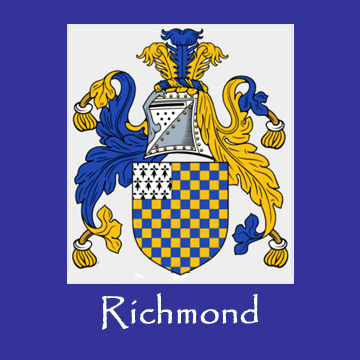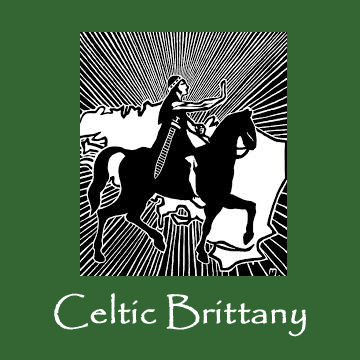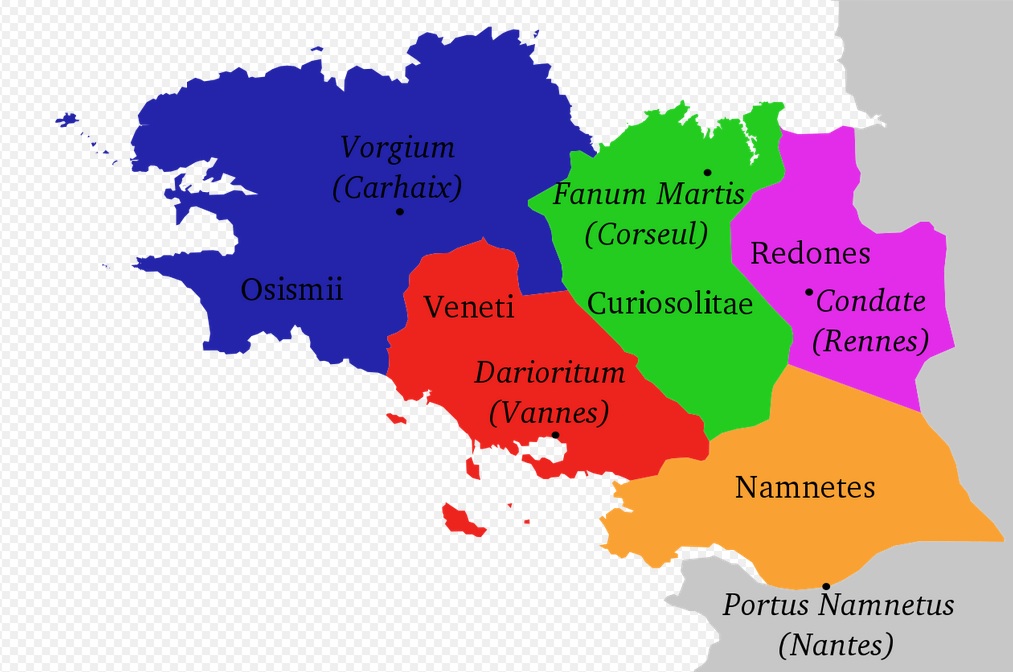The History of Brittany
Celts are the first-known inhabitants of the area, which the Romans conquered in 56 BC when it was known as Armorica, loosely meaning “by the sea,” but did little to impact the culture. Brittany’s namesake and much of its cultural heritage come from the British settlers who arrived between the fifth and sixth centuries after Anglo-Saxons invaded the British Isles.
As part of Armorica since the Gallo-Roman period, Brittany developed an important maritime trade network near the ports of Nantes, Vannes, and Alet, as well as salting factories along its coasts. When Rome encountered crises in the third and fifth centuries, the first island Bretons were asked by the imperial power to help secure their territory, beginning with a migratory movement that was carried out until the sixth century, and saw the beginnings of many kingdoms in the peninsula. In order to prevent Breton incursion, the neighbouring Frankish kingdom created a Breton borderland incorporating the counties of Rennes and Nantes. From the sixth to ninth centuries, the Merovingian dynasty and the Carolingian dynasty tried to integrate the region into the Frankish kingdom, with limited and ephemeral success.
The union of the country as Brittany occurred in 851 under King Erispoë, son of Nominoë, but was disrupted by disputes over succession and Norman incursions. Since 939, a duchy of Brittany was established with somewhat definite borders, administered by dukes of Breton houses from 939 to 1166, before falling into the sphere of influence of the Plantagenets and then the Capets. The War of the Breton Succession lasted from 1341 to 1364 against the backdrop of the Hundred Years’ War. An autonomous power emerged in the fourteenth and fifteenth centuries, maintaining a policy of independence from France. The union of Brittany to France occurred in 1532.
The Breton province maintained relative autonomy and benefited from its own institutions. After a period of strong economic and demographic growth in the sixteenth and seventeenth centuries, due to a period of newfound peace, Brittany experienced a trouble period from the end of the seventeenth century to the French Revolution of 1789. Brittany was dissolved in 1789 and divided among the departments of Côtes-du-Nord, Finistère, Ille-et-Vilaine, Loire-Inférieure and Morbihan.
Today, French is the mother tongue of most natives, but the traditional Breton language, a cousin of Cornish and more distant relative of Welsh, is still somewhat widely spoken. In recent years, there’s also been a resurgence of Breton art and culture, including the establishment of Breton language schools and celebrations filled with veuze music, which is played on Breton bagpipes not unlike those associated with Scotland, sometimes by kilt-wearing bagpipers.





